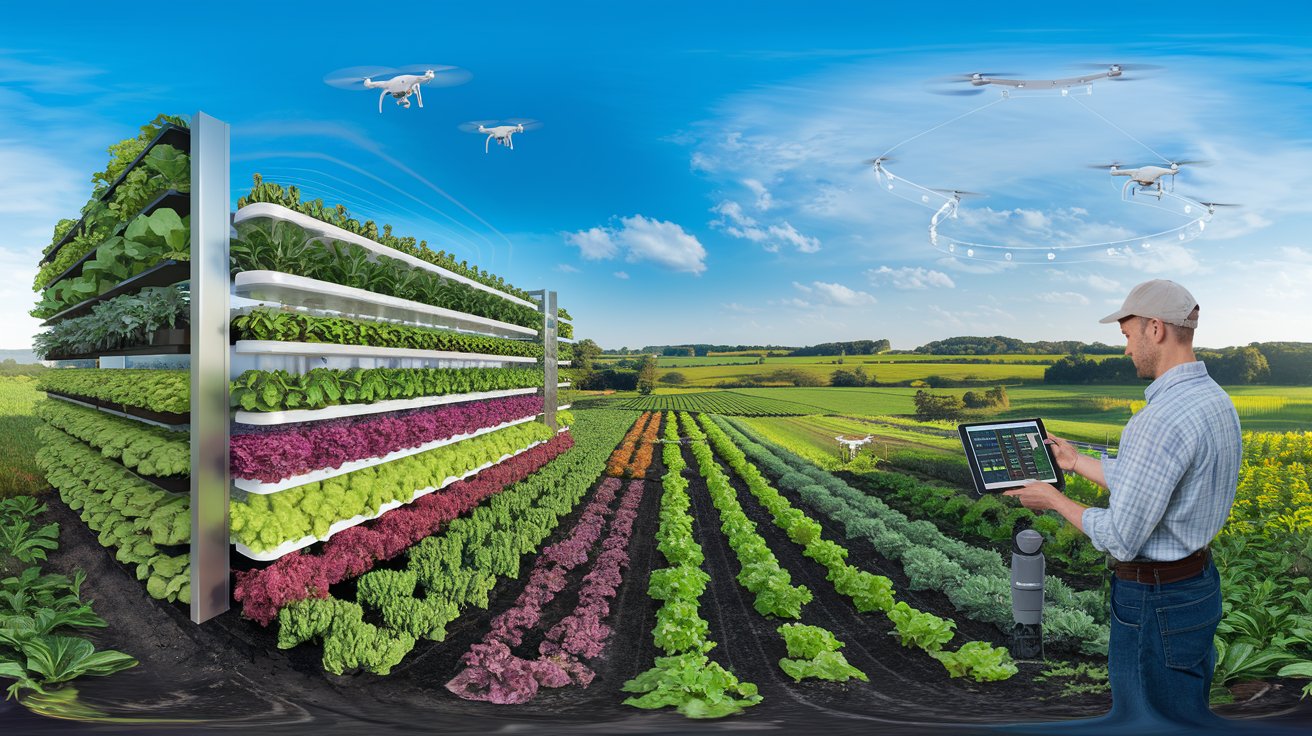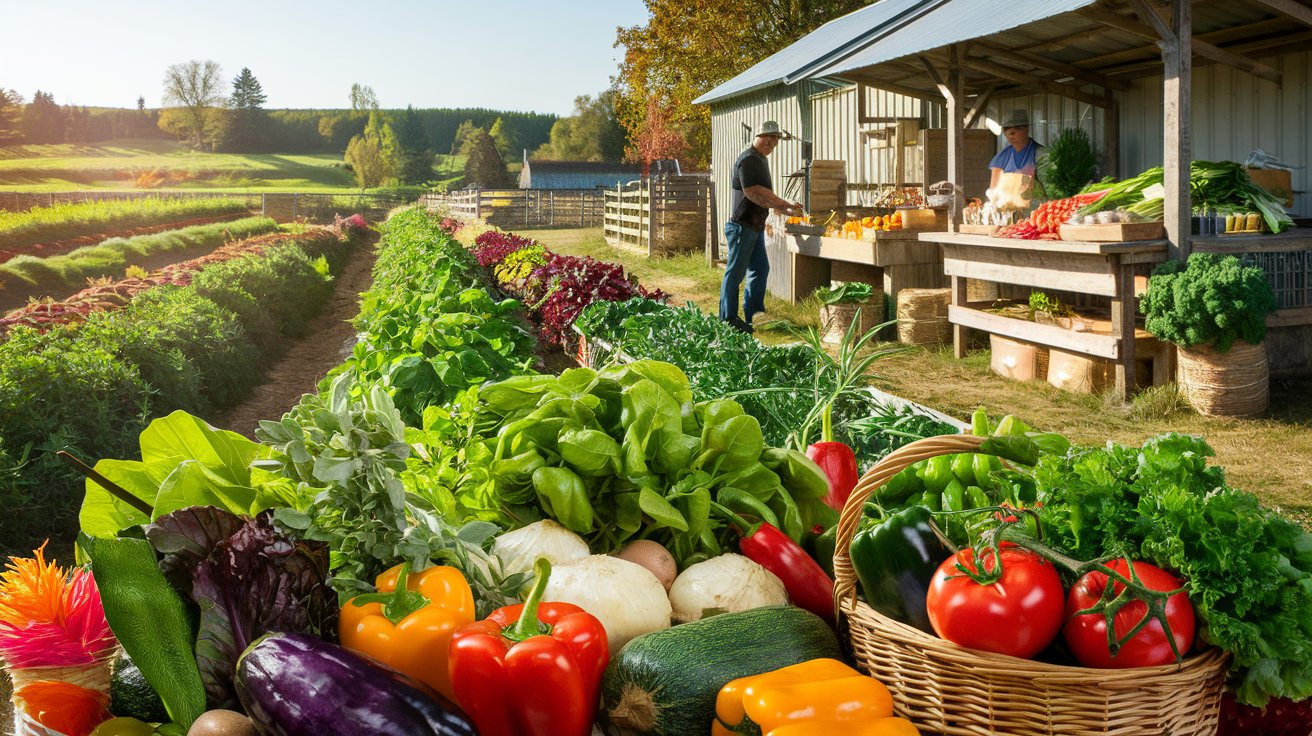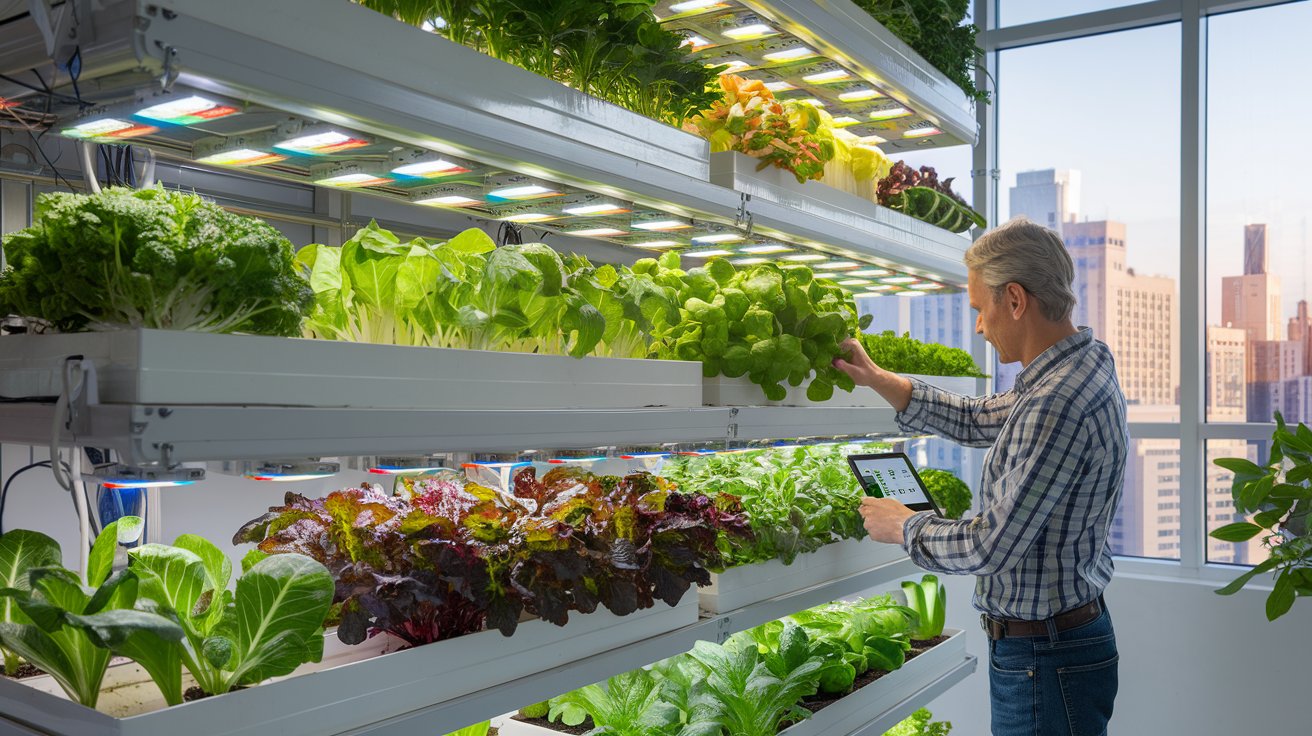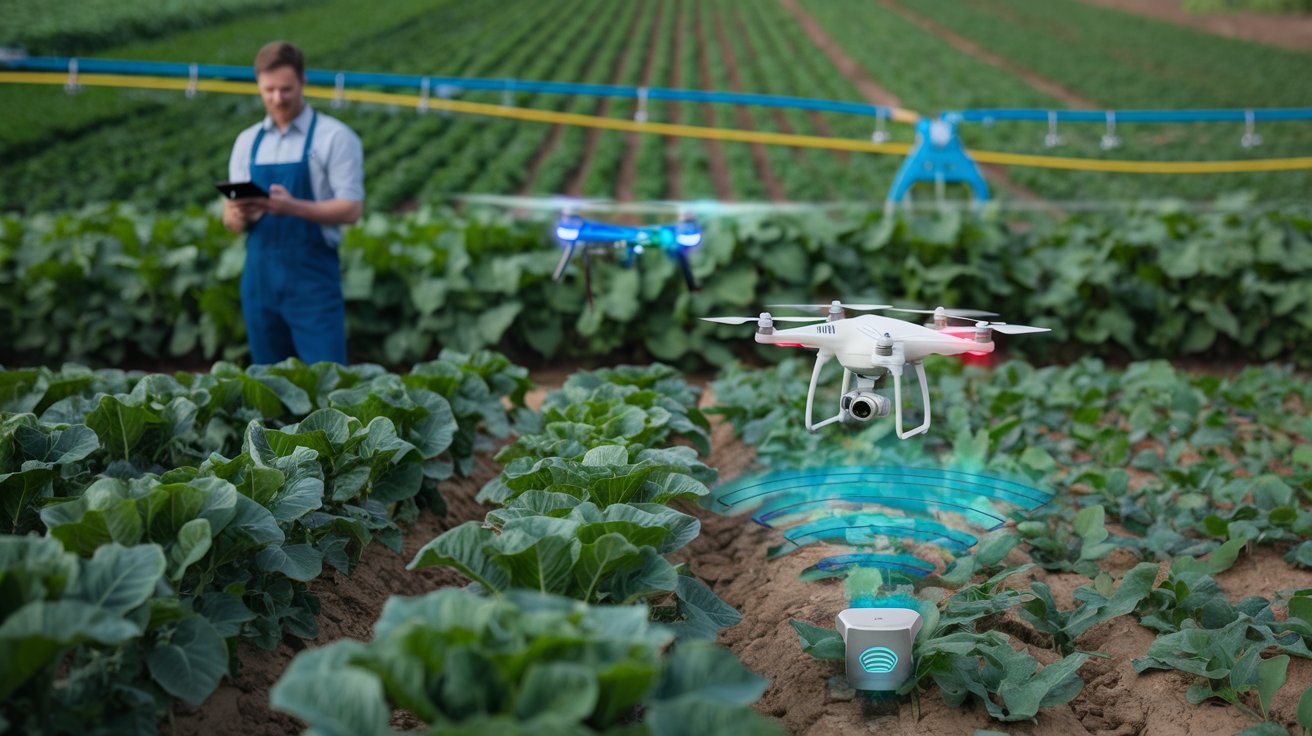Agriculture is the backbone of our economy and society, providing food, fiber, and raw materials essential for survival and growth. With a growing global population and increasing demand for sustainable practices, the agricultural sector is more important than ever. As we navigate challenges like climate change, resource scarcity, and food security, adopting a market-driven approach in agriculture is vital for long-term success.
Focusing on a Market-Driven Approach
To thrive in today’s agricultural landscape, farmers and agribusinesses must embrace a market-driven approach. This involves understanding consumer preferences, trends, and the competitive landscape. Key strategies include:
- Identifying Niche Markets: By exploring specialty crops, organic products, or unique food items, farmers can differentiate themselves in the market and cater to specific consumer needs.
- Utilizing Technology: Leveraging agricultural technology (Agri-Tech) can enhance productivity and efficiency. Tools such as data analytics, IoT devices, and precision agriculture techniques enable farmers to make informed decisions based on market demands.
- Building Strong Distribution Networks: Establishing direct connections with consumers through farm-to-table initiatives or e-commerce platforms can help farmers capture more value from their products while meeting the demand for fresh, local food.
- Sustainable Practices: Incorporating sustainable farming practices not only aligns with consumer values but also ensures the long-term viability of agricultural operations. Practices like crop rotation, organic farming, and water conservation can enhance soil health and yield.
The Perennial Nature of Agriculture
When managed properly, agriculture has the potential to be a perennial business. Its cyclical nature, combined with continuous demand for food and raw materials, positions it as a stable industry. Here’s why agriculture can be a long-term investment:
- Continuous Demand: The fundamental need for food ensures a consistent market for agricultural products. As populations grow and urbanize, the demand for innovative, sustainable food sources will continue to rise.
- Adaptability: Agriculture is inherently adaptable. Farmers can adjust their practices based on market trends, consumer preferences, and environmental conditions. This flexibility allows businesses to pivot and respond effectively to changing demands.
- Technological Advancements: The ongoing evolution of agricultural technologies—from precision farming to biotechnology—enables farmers to enhance productivity and reduce costs. This technological integration fosters resilience in the face of challenges.
- Global Market Opportunities: As international trade expands, farmers have access to broader markets for their products. By capitalizing on global demand for specialty crops and organic produce, agricultural businesses can tap into new revenue streams.
In conclusion, by focusing on a market-driven approach and leveraging technological advancements, the agricultural sector can secure its place as a perennial business. With proper management and an emphasis on sustainability, agriculture can thrive, meeting the needs of consumers and contributing to a resilient economy for generations to come.
Here are some futuristic business ideas in the agricultural sector, rewritten with SEO keywords for better visibility:
Innovative Agricultural Business Ideas for the Future
- Vertical Farming Solutions: Establish a vertical farming business utilizing advanced hydroponics and aeroponics systems to grow fresh, nutrient-rich produce in urban areas. This sustainable approach minimizes land use and transportation costs, offering year-round access to organic vegetables and herbs.
- Organic Agriculture Hub: Launch an organic farming venture focused on producing chemical-free fruits and vegetables. Target the growing market of health-conscious consumers by providing locally sourced, organic produce through farmers’ markets or direct-to-consumer subscriptions.
- Agri-Tech Platforms: Develop agricultural technology solutions that provide farmers with data-driven insights through smart farming software. Offer tools for crop management, soil health monitoring, and weather forecasting, enhancing decision-making and productivity.
- Farm-to-Table Subscription Services: Create a farm-to-table delivery service that connects consumers directly with local farms. Offer subscription boxes featuring fresh produce, dairy, and meat, promoting a sustainable food system while supporting local agriculture.
- Specialty Crop Farming: Explore the cultivation of niche crops like medicinal herbs, exotic fruits, or microgreens. These high-demand products can cater to specific market trends, providing unique offerings to health-conscious and gourmet consumers.
- Drone Agriculture Services: Launch a business providing drone technology services for precision agriculture. Use drones for crop monitoring, aerial spraying, and field analysis, helping farmers optimize yields and reduce input costs.
- Soil Health Consulting Firm: Start a soil health consulting business focused on sustainable farming practices. Offer services such as soil testing, nutrient management, and regenerative agriculture techniques to improve soil fertility and crop performance.
- Agricultural Education and Training Programs: Offer online courses and workshops in agriculture education that teach sustainable practices, modern farming techniques, and the latest agricultural technologies to aspiring farmers.
- Eco-Friendly Pesticides and Fertilizers: Develop and market bio-pesticides and organic fertilizers made from natural ingredients. Cater to environmentally conscious farmers seeking sustainable alternatives to conventional chemicals.
- Free-Range Livestock Farming: Start an ethical livestock farm focusing on free-range and organic practices. Highlight humane treatment and sustainable feed sources to attract consumers who prioritize animal welfare and sustainability.
- Agro-Tourism Experiences: Create an agro-tourism business offering farm tours, workshops, and hands-on experiences. This venture can educate the public about agriculture while providing an additional revenue stream for farmers.
- Smart Irrigation Technologies: Innovate smart irrigation systems that utilize IoT and AI technology to optimize water usage for crops. These systems help reduce waste and enhance productivity, addressing the water scarcity challenge in agriculture.
- Controlled Environment Agriculture (CEA): Set up a greenhouse farming operation using CEA technologies to cultivate high-demand crops in climate-controlled environments. This approach allows for year-round production of specialty plants and vegetables.
- Agricultural Waste Recycling: Start a sustainable waste management business that converts agricultural by-products into bioenergy, compost, or biodegradable plastics. This venture contributes to environmental sustainability and waste reduction.
- Community Supported Agriculture (CSA) Programs: Launch a CSA program where consumers purchase shares of the farm’s seasonal produce. This model provides farmers with upfront capital while delivering fresh, locally grown food to consumers.
- Urban Agriculture Initiatives: Establish urban farming projects that utilize rooftops, vacant lots, and community gardens to grow food in metropolitan areas. These initiatives promote local food production and community engagement.
- Blockchain for Agriculture: Develop a blockchain platform for agriculture that ensures transparency and traceability in the food supply chain. This technology can enhance consumer trust and improve food safety.
- Precision Agriculture Analytics: Create a business offering precision agriculture analytics services, using AI and machine learning to analyze crop data and optimize farming practices, leading to increased yields and reduced costs.
- Agricultural Robotics: Invest in developing agricultural robots that automate tasks such as planting, harvesting, and monitoring crops. These technologies can help address labor shortages and increase efficiency in farming operations.
- Sustainable Aquaculture: Start a sustainable aquaculture farm that focuses on raising fish and seafood using eco-friendly practices. This business can help meet the growing demand for seafood while minimizing environmental impacts.
By focusing on these futuristic agricultural business ideas, entrepreneurs can capitalize on emerging trends in sustainability, technology, and health-conscious consumer behavior.




